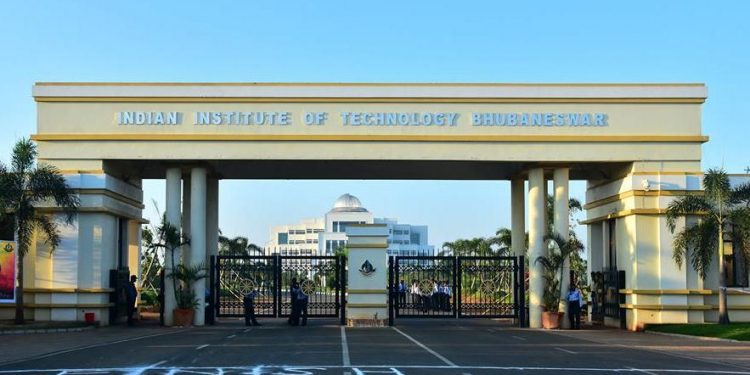Bhubaneswar: The Indian Institute of Technology (IIT) Bhubaneswar, in association with MOSart Labs, has launched a professional diploma programme in semiconductor technology and chip design for engineering graduates.
The course aims to upskill engineering pass-outs, making them industry-ready in various specialisations of very-large-scale integration (VLSI) including semiconductor technology, analog design, digital design, design verification, physical design, layout design, validation, test and measurements, the institute said in a statement on Wednesday.
Very-large-scale integration is the process of creating an integrated circuit by combining millions or billions of MOS (metal oxide semiconductor) transistors onto a single chip.
In this regard, an MoU was signed between IIT Bhubaneswar and MOSart Labs, a private organisation providing a platform for professional skill training, here on Tuesday.
“IIT Bhubaneswar is committed to advancing high-impact education through strategic partnerships that bridge academic excellence with industry expertise,” said Shreepad Karmalkar, Director of IIT Bhubaneswar.
The collaboration with MOSart Labs to launch this professional diploma programme in semiconductor technology and chip design reflects this vision, he said.
“Through such initiatives, we aim to empower our students with industry-aligned skills, enabling them to contribute meaningfully with India’s growing semiconductor ecosystem and beyond,” he said.
The programme boasts a distinguished faculty of semiconductor industry leaders, IIT alumni and faculty from IIT Bhubaneswar, said Vijay Shankar Pasupureddi, programme coordinator.
Mostly, the course is for the students, who have completed their engineering in electronics and communication, electrical and computer science, including those who are also engaged in jobs in the sector, he said.
The diploma programme was structured into three comprehensive modules. It begins with the launchpad module, providing students with a thorough understanding of the IC lifecycle and the VLSI industry landscape, along with introductory VLSI classes.
Following this module, the students will undergo an entrance exam to qualify for the next phases. Successful candidates will progress to the foundation module, a semester-long programme featuring five courses that cover the fundamentals in different areas of chip design and technology.
The third one is the specialisation module, which is also a semester-long programme, where students will undertake three courses and a mini project, in their chosen area of specialisation.
This module allows students to focus on becoming industry-ready by doing industry level work independently in their chosen field, the statement said.
“With the government and the industry working closely to build the semiconductor ecosystem in the country, it is bound to create several opportunities for VLSI engineers and hence we believe this is the right time to introduce this programme to help students across the country upskill themselves to be industry ready,” said Krishna Kanth Avalur from MOSart Labs.






































